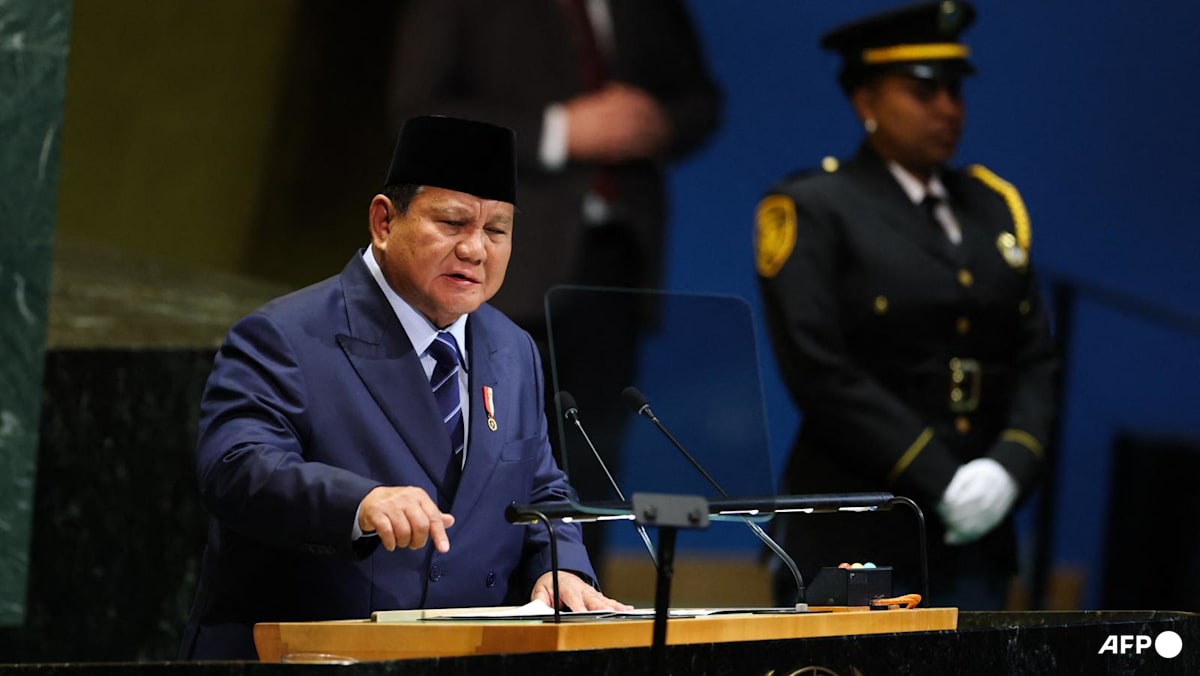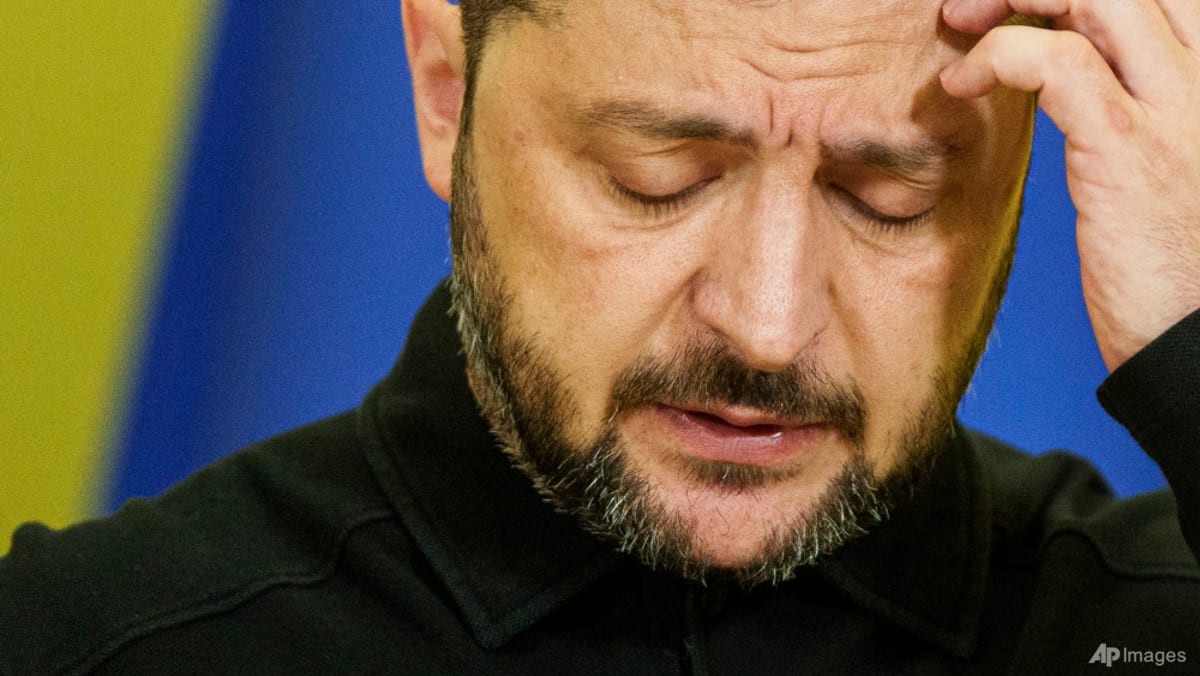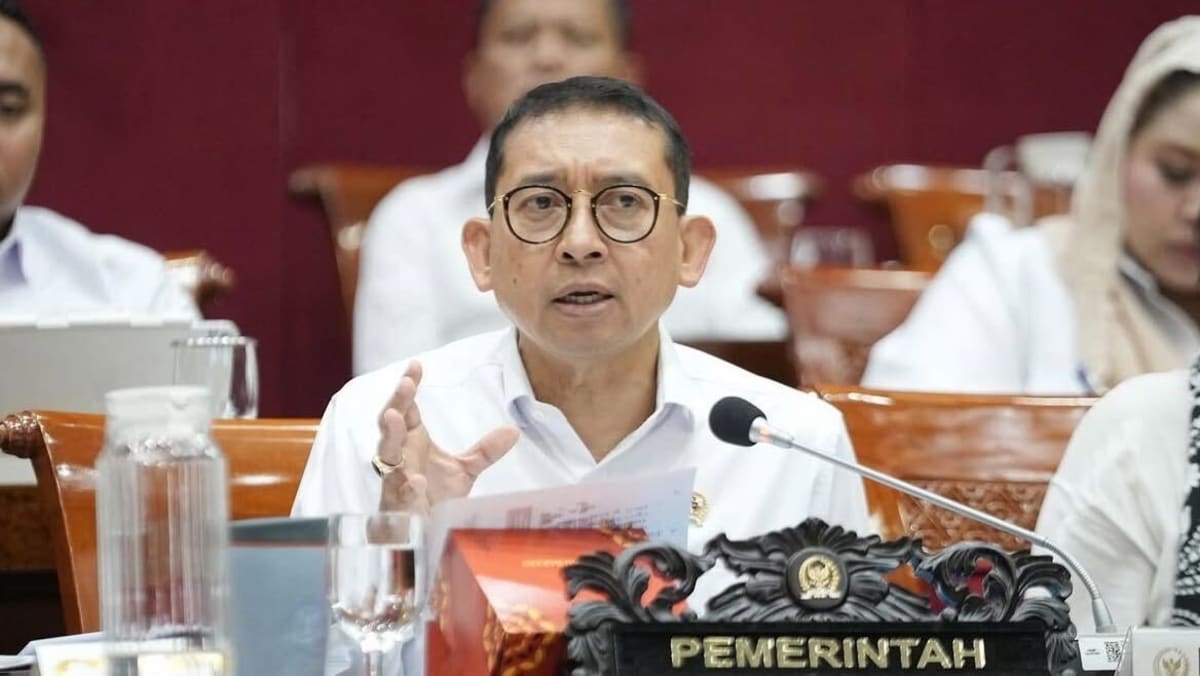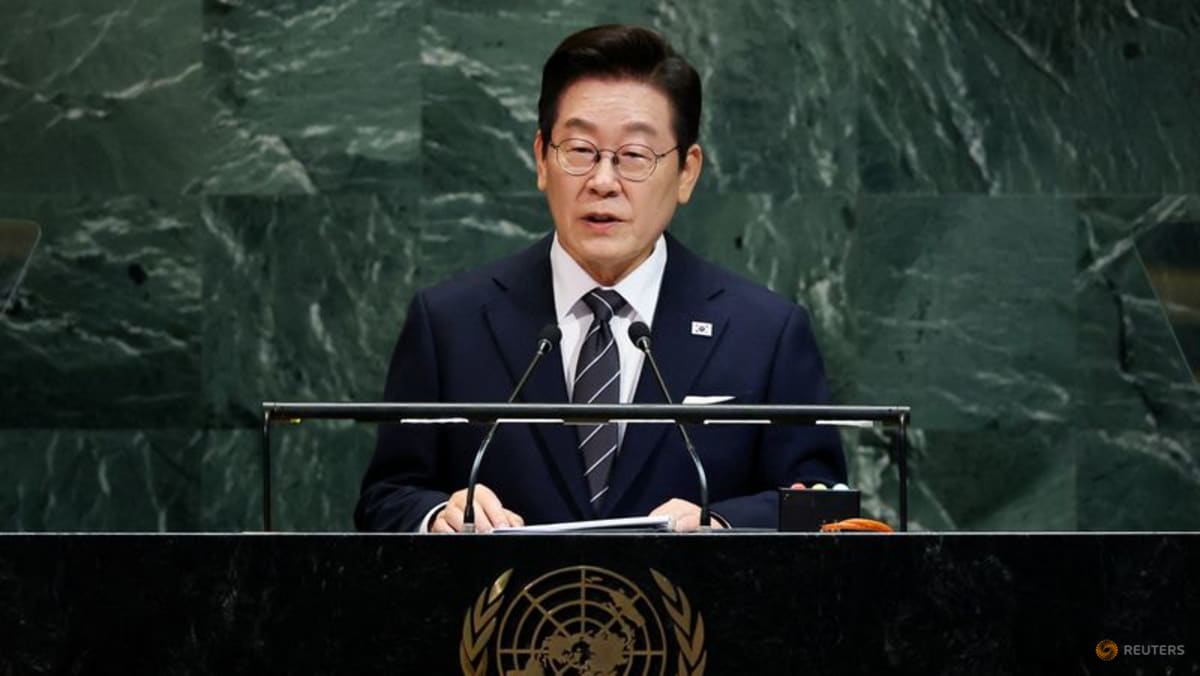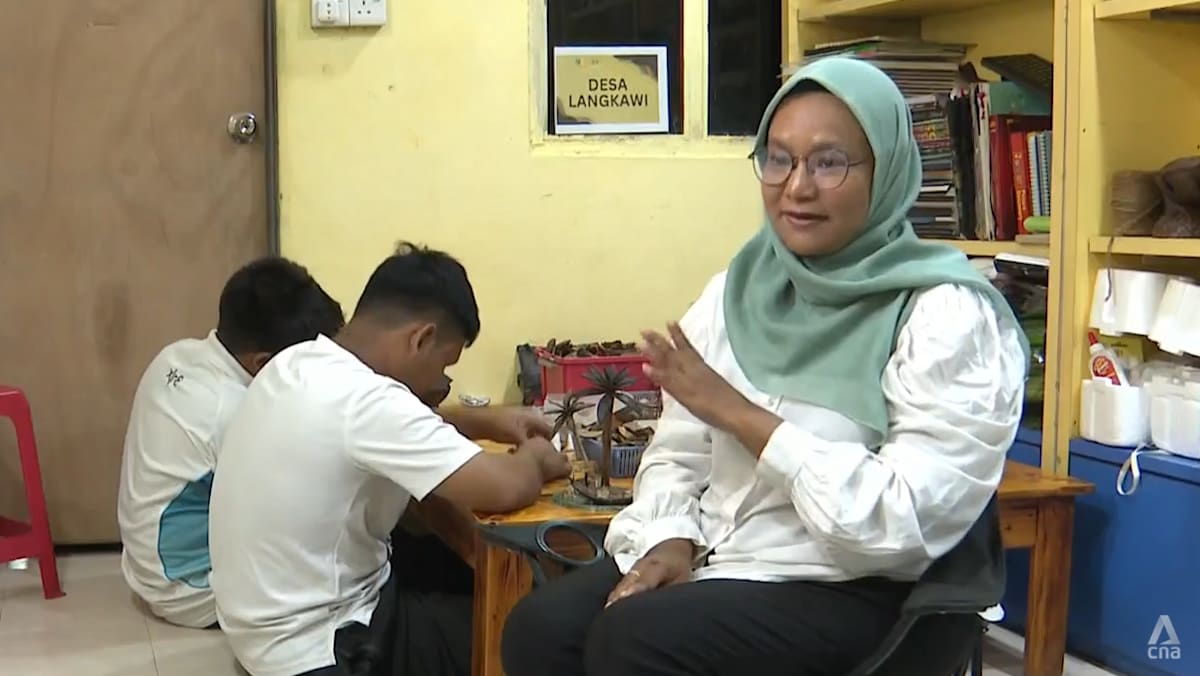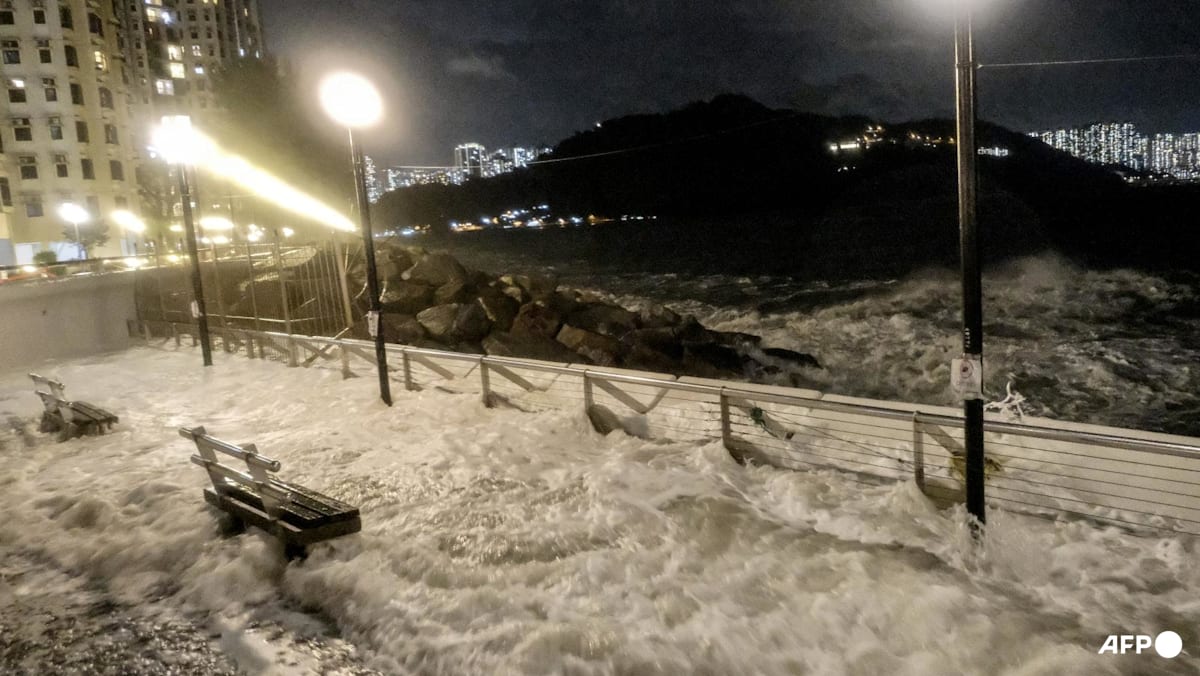“We are not digging into who the perpetrators were, but ensuring it never happens again,” Fadli told lawmakers on Wednesday, adding that the government prefers to highlight narratives that unify the nation in the new history books.
He said these included international achievements and global leadership roles, such as the Asian-African Conference, held in Bandung in 1955, and the Non-Aligned Movement, of which Indonesia was a founding member.
Fadli’s latest remarks on Wednesday sparked emotional reactions in the hearing from lawmakers MY Esti Wijayati and Mercy Barends from the Indonesian Democratic Party of Struggle (PDI-P).
“It hurts even more the longer you speak, Mr Fadli,” Esti was quoted as saying by Jakarta Globe, with her voice trembling as she recalled being unable to return home during the 1998 unrest.
Following Esti’s comment, Fadli apologised if his remarks came across as insensitive but reiterated that clear documentation and legal confirmation were necessary before the events could be classified as “mass rape”.
“If it can be traced to who the groups and perpetrators were, it would be clearer,” the minister said, adding that he does not intend to deny or cover up the violence.
Fadli, who is part of President Prabowo Subianto’s Gerindra party, said that the history rewrite is targeted for completion by August this year to coincide with the country’s 80th Independence Day celebrations.
Last month, Fadli came under fire for his remarks that the mass rapes were “all hearsay” and “rumours”, inciting concerns over the government’s plan to launch a new 10-volume series of history books during Indonesia’s Independence Day on Aug 17. Some historians say these history books will omit major human rights violations.
“This is about leaving a history for our children and grandchildren,” Fadli said on Wednesday.
“We have not updated our historical narrative for 26 years and this is our chance.”
The unrest in Indonesia in 1998 arose from economic turmoil and mounting anger at former President Suharto’s authoritarian rule. Chinese-Indonesians were targeted in riots that broke out in various cities in May that year, days before Suharto resigned.
